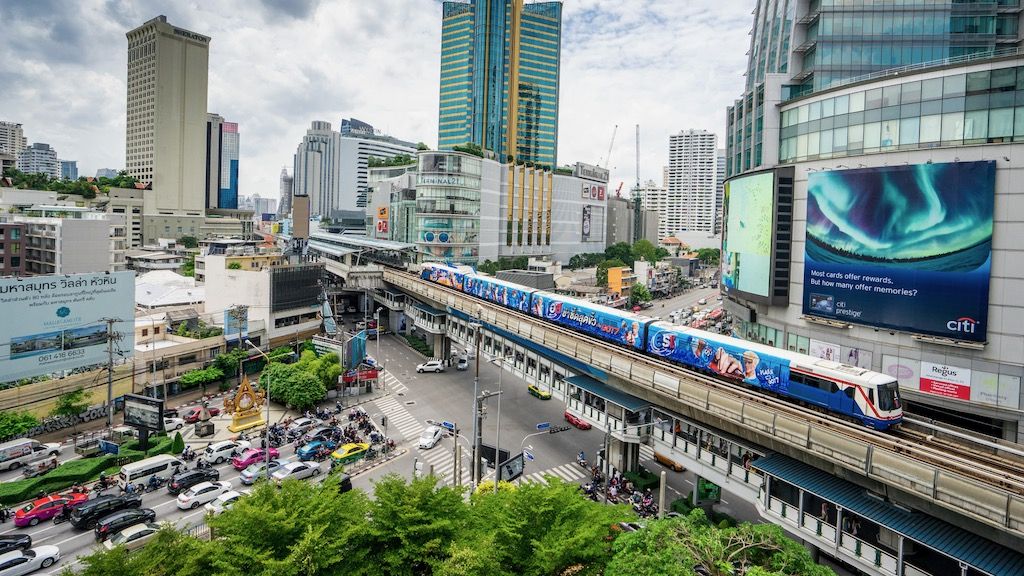8 March 2021 In News
Asian Transport Outlook Data to Support Larger and More Sustainable Transport Sector in Asia

MANILA, PHILIPPINES (8 March 2021) — The Asian Development Bank (ADB) has released a first batch of data as part of a new regional knowledge platform to guide sustainable transport development in Asia and the Pacific.
The Asian Transport Outlook (ATO) will support the planning and delivery of transport sector assistance by ADB, as well as transport policy and initiatives by Asian governments, in line with the Sustainable Development Goals (SDGs), Paris Agreement, and other international agreements.
“This first batch of information reminds us of the challenges faced by economies in Asia and the Pacific in developing the transport sector as they start to look at the period beyond COVID-19,” said ADB Vice-President for Knowledge Management and Sustainable Development Bambang Susantono. “We are now getting data that detail the shortages in transport infrastructure and transport services experienced by ADB members. This will help ADB, its member governments, and other stakeholders to build back the transport sector in Asia and the Pacific in a more sustainable manner in the coming years.”
The ATO collects, organizes, and shares data on the transport sector in economies using more than 400 indicators. The first batch of information includes data for 234 indicators on the status of transport infrastructure, transport activity, access and connectivity, road safety, climate change, air pollution, and health, as well as socioeconomic conditions. The ATO will also document the institutional frameworks, policies, and financing of transport in these economies.
More batches of data on the transport sector will be released in the coming months.
The ATO is developed on behalf of ADB by the Partnership on Sustainable Low Carbon Transport (SLOCAT), the leading global multi-stakeholder partnership on sustainable, low carbon transport.
“The ATO will help ADB and SLOCAT in mobilizing the transport community in support of evidence-based action on transport in Asia,” said SLOCAT Secretary General Maruxa Cardema. “The coming years will be decisive in determining whether we are meeting the objectives of the SDGs and the Paris Agreement. The manner in which the transport sector in Asia develops is key for both processes and the ATO will tell us whether we are on track.”
The ATO is a multiyear program with the potential to serve as the primary knowledge base on transport in Asia. To make this a reality, ADB will make ATO data freely available to all and is encouraging transport planners and policymakers to make use of ATO data in their work. To enhance the success of the ATO, ADB is calling on all organizations working on transport in Asia to freely share their data.
ADB approves about 40 transport projects per year. Over the last 3 years, the average combined annual commitments were in excess of $5 billion.
ADB is committed to achieving a prosperous, inclusive, resilient, and sustainable Asia and the Pacific, while sustaining its efforts to eradicate extreme poverty. Established in 1966, it is owned by 68 members—49 from the region.
This news release is originally posted on ADB website.